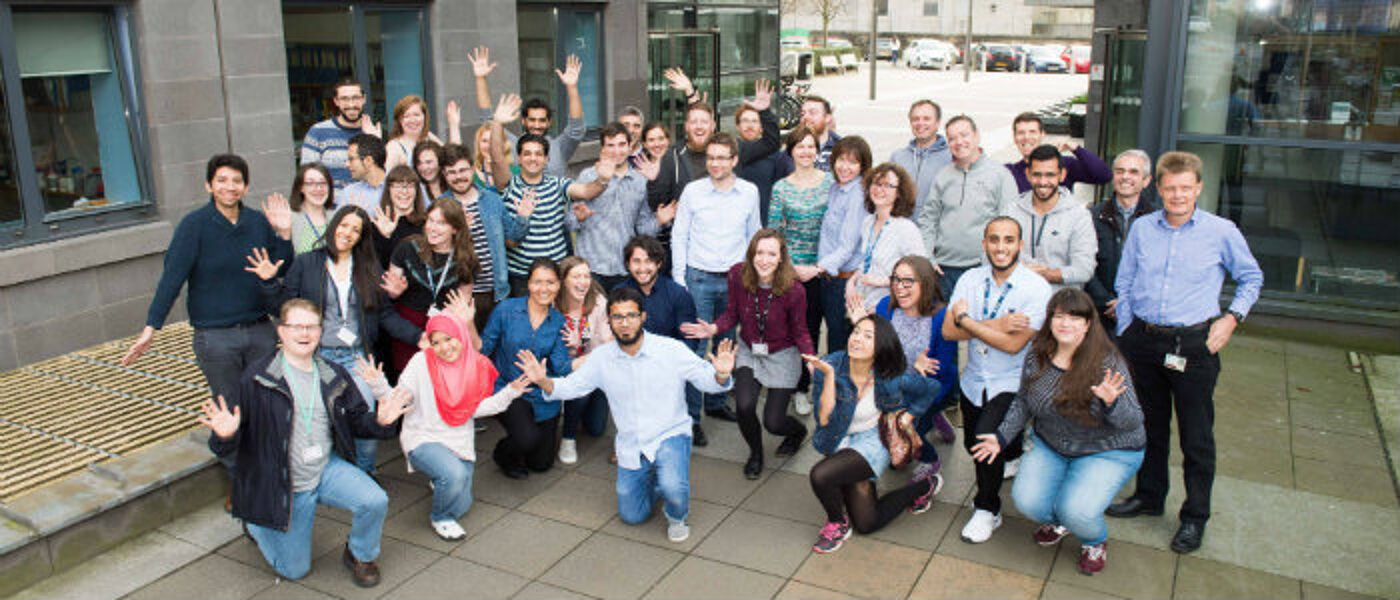About Bacteriology
Microbial diseases are on the increase worldwide, with threats of pandemics, pathogen resurgence and emergence, and dissemination of antibiotic-resistant pathogen strains.
We study microbes that affect human health, with an emphasis on understanding the mechanisms by which they cause disease and how bacteria evolve to become more effective pathogens. We are particularly interested in how the wider microbiota more broadly affects the transition from a healthy to a disease state within across different body sites in the body, including the gut, skin, lung, and genitourinary tract. Further, antibiotic resistance is an increasing problem, and we are investigating routes to address this major challenge through several research strands including collaboration with clinical colleagues and industry partners. We aim to translate our findings and contribute to the MVLS College vision for 2033 where our interventions will improve healthcare both nationally as well as globally.
Our research is wide-ranging, thorough and comprehensive. We delve deep into understanding the structure and function of disease-causing roles of microbial factors, such as toxins and adhesins, through the study of their structure and function as well as the genetics that underlie of their production. We also study how both host and microbially derived metabolites affect the disease process in collaboration with industry partners who provide access to state-of-the-art equipment. In this way, we are facilitating the identification of novel antibiotics and alternative treatments including the development of anti-virulence approaches, that will reduce disease burden in the future.

Understanding the molecular basis of pathogenesis in key zoonotic and human pathogens
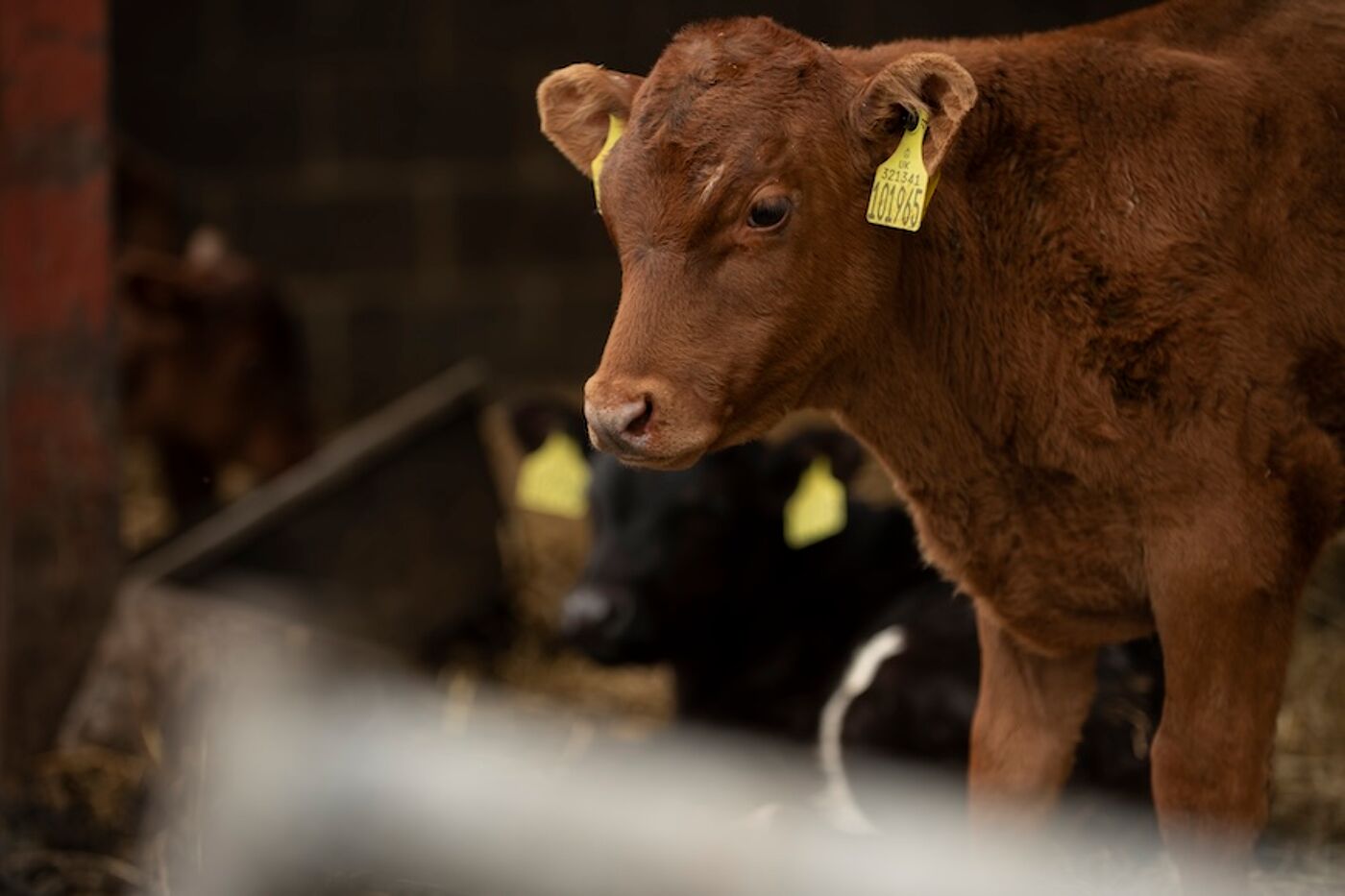
Exploring the interplay between animals and their microbiota and how this influences health and disease
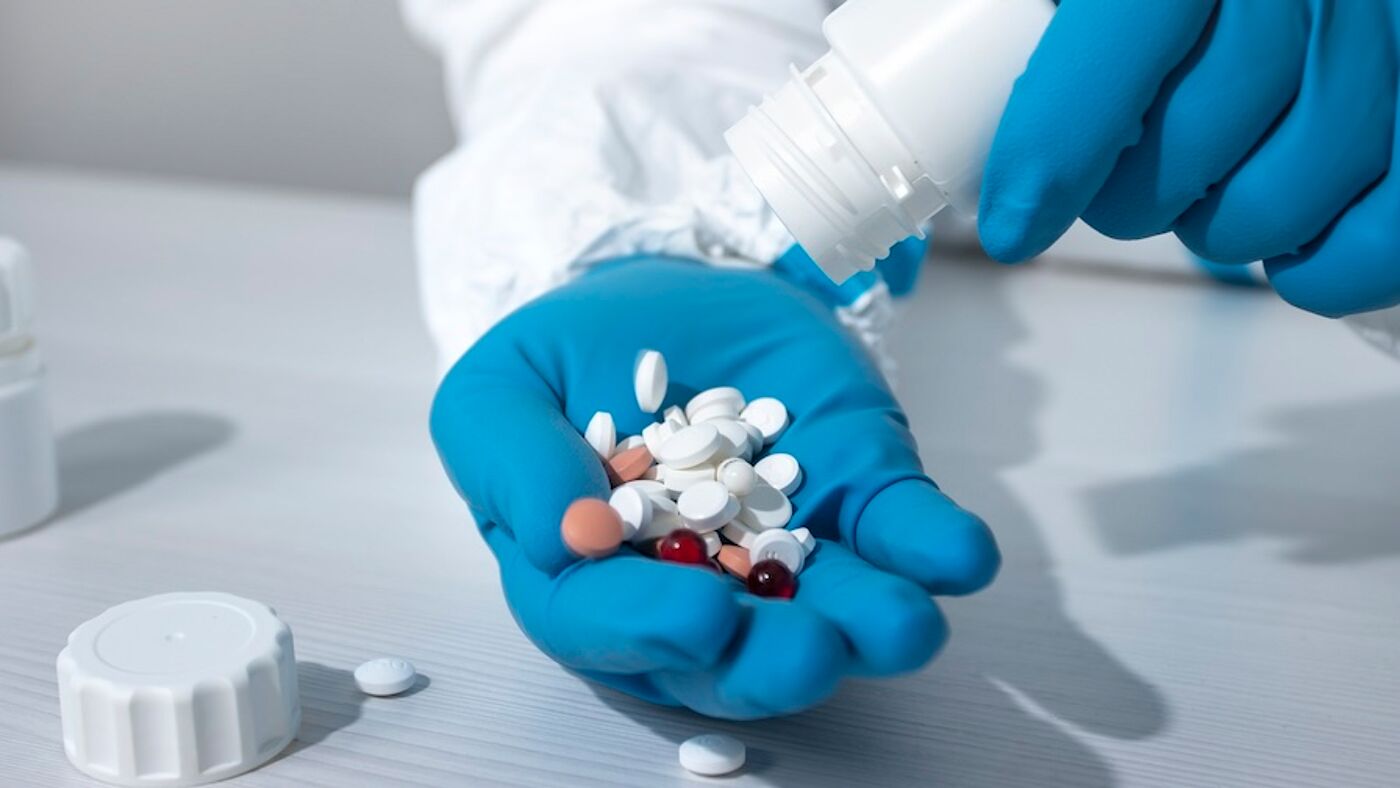
Tackling the AMR crisis through the identification of new antibiotics and anti-infectives

Understanding the role of host and microbial metabolites in shaping disease outcomes
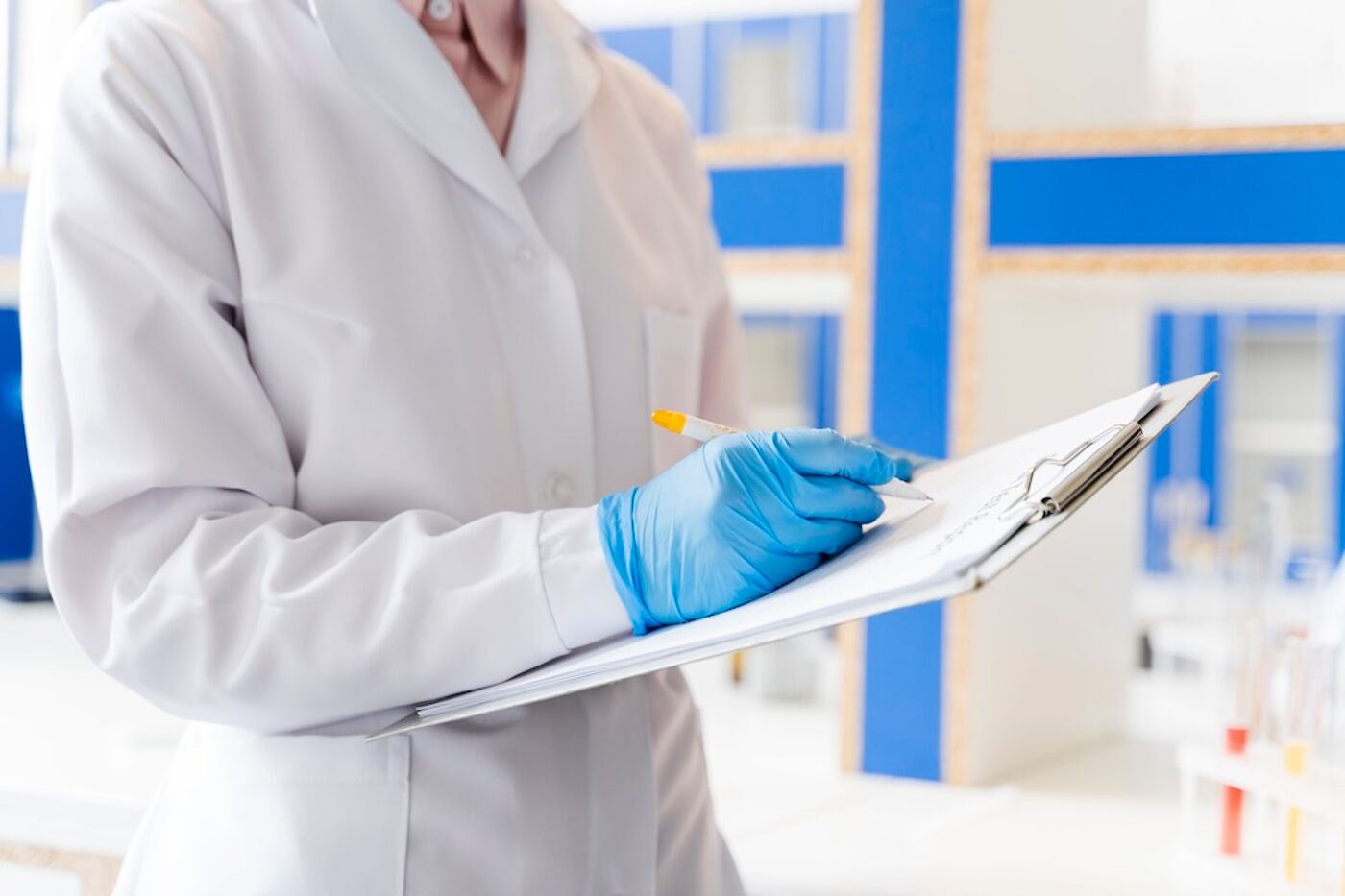
Working with clinical colleagues to study relevant strains and translating our findings to tangible outcomes
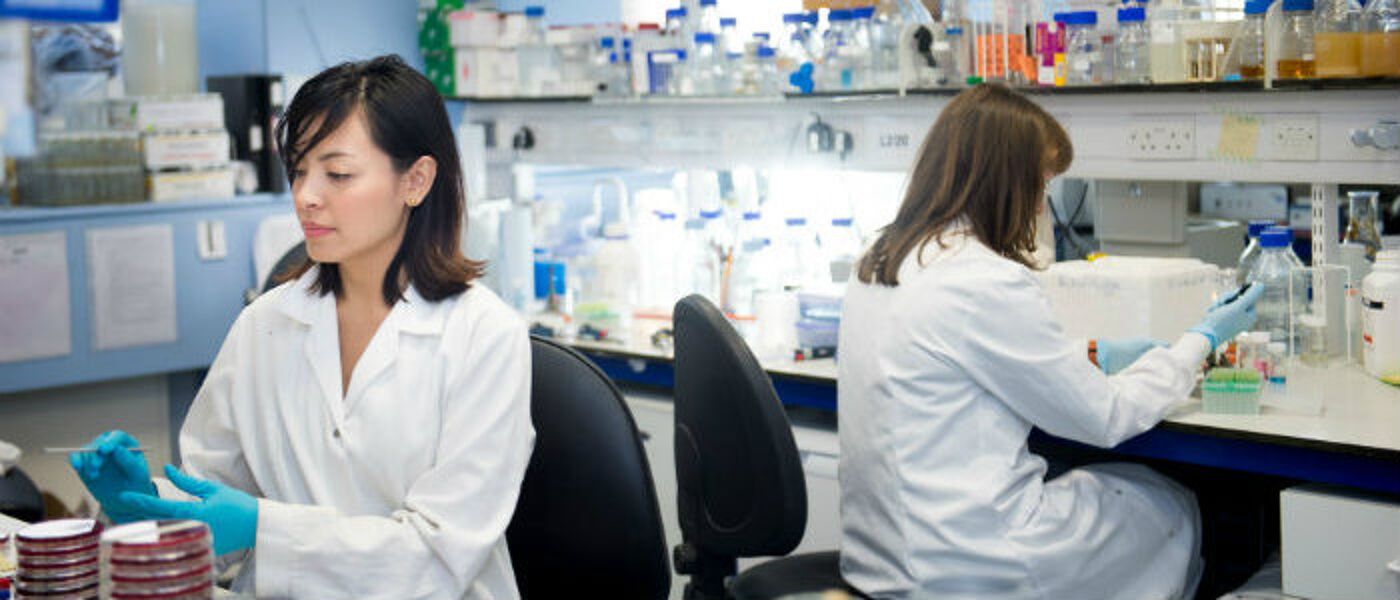
Research
